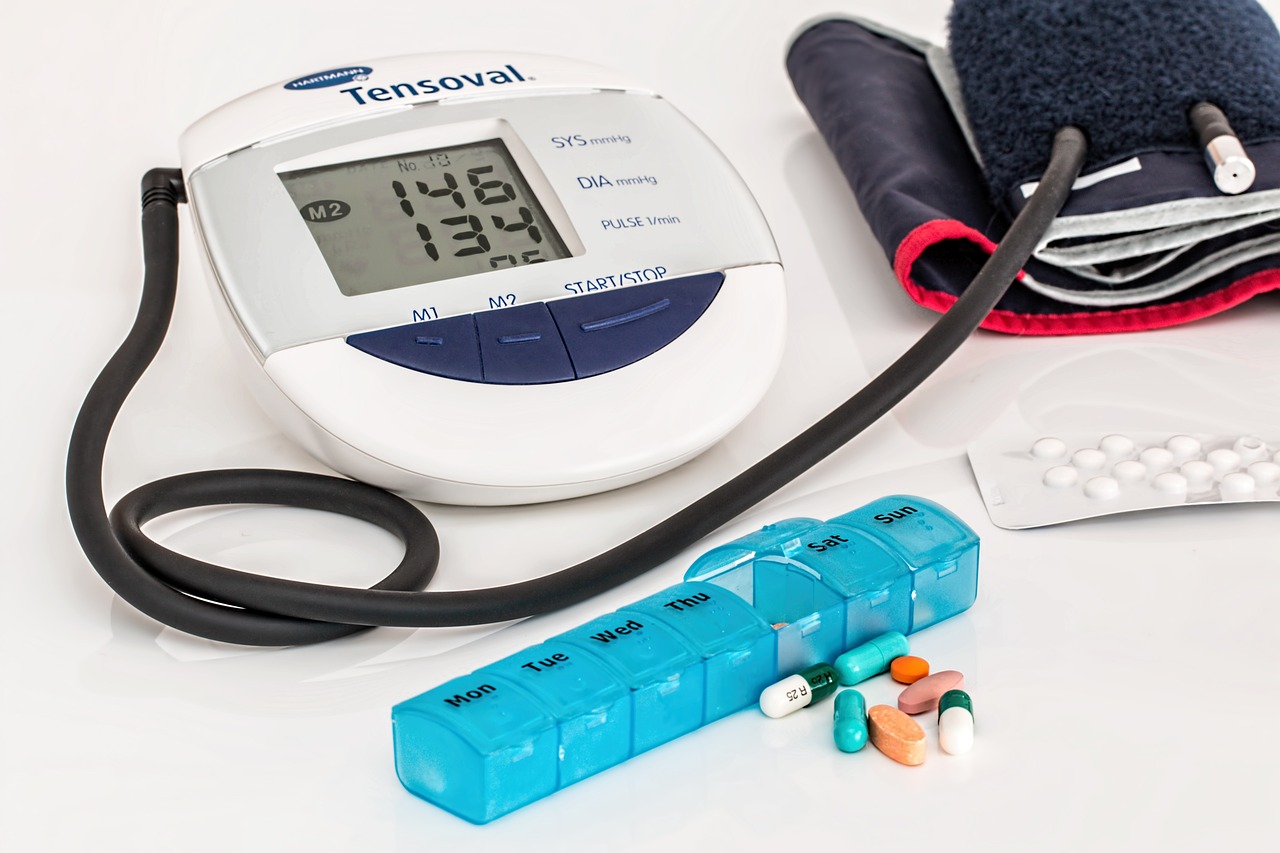Artificial Intelligence in Healthcare: Improving Diagnosis and Treatment
Artificial Intelligence (AI) has emerged as a transformative force in various industries, and healthcare is no exception. The integration of AI technologies in healthcare has revolutionized the way medical professionals diagnose and treat patients. By leveraging vast amounts of data and powerful algorithms, AI has the potential to enhance accuracy, efficiency, and patient outcomes. In this blog post, we will explore how AI is improving diagnosis and treatment in the field of healthcare.
One of the most significant contributions of AI in healthcare is its ability to aid in the diagnosis of diseases. Traditionally, diagnosing complex medical conditions required extensive expertise and time-consuming processes. However, AI systems can analyze large volumes of patient data, including medical records, lab results, and imaging scans, to identify patterns and make accurate predictions. This can significantly reduce the time taken to diagnose illnesses, leading to faster treatment initiation and improved patient outcomes.
AI-powered diagnostic tools, such as machine learning algorithms, can analyze medical images with incredible precision. For instance, AI algorithms have demonstrated exceptional performance in detecting and classifying abnormalities in radiology scans, such as X-rays, CT scans, and MRIs. By assisting radiologists in interpreting these images, AI can help in the early detection of diseases like cancer, cardiovascular conditions, and neurological disorders. Early detection plays a critical role in improving survival rates and guiding appropriate treatment strategies.
In addition to diagnosis, AI is also revolutionizing the treatment of diseases. Treatment plans are often tailored to individual patients based on their specific characteristics and medical history. AI algorithms can analyze large datasets containing patient information, treatment outcomes, and clinical guidelines to develop personalized treatment recommendations. This enables healthcare providers to make more informed decisions and prescribe the most effective interventions for their patients.
AI also has the potential to enhance medication management and reduce medication errors. Medication errors, such as incorrect dosages or drug interactions, can have severe consequences for patients. AI systems can analyze patient data, including medical history and genetic information, to determine the most suitable medications and dosages for individual patients. Moreover, AI-powered decision support systems can alert healthcare professionals to potential drug interactions or allergies, ensuring safer medication administration.
Another area where AI is making a significant impact is in the field of genomics. Genomic medicine involves studying an individual’s genetic makeup to better understand the underlying causes of diseases and develop targeted treatments. AI algorithms can analyze vast genomic datasets to identify genetic variants associated with specific diseases. This information can be used to predict disease susceptibility, select appropriate treatment options, and even develop new drugs. AI-powered genomics is revolutionizing precision medicine and has the potential to transform the way diseases are diagnosed and treated in the future.
Despite the numerous benefits of AI in healthcare, it is essential to address certain challenges and concerns. One major concern is the ethical use of patient data. AI systems rely on vast amounts of patient data to train their algorithms and make accurate predictions. Therefore, it is crucial to ensure the privacy and security of patient information, comply with data protection regulations, and obtain informed consent from individuals for the use of their data.
Moreover, there is a need to address the potential biases in AI algorithms. Biased data or flawed algorithms can lead to disparities in healthcare outcomes, especially for underrepresented populations. Efforts must be made to train AI systems on diverse and inclusive datasets and regularly monitor and evaluate their performance to minimize bias and ensure fairness.
Conclusion,
AI has the potential to revolutionize healthcare by improving the accuracy and efficiency of diagnosis and treatment. From aiding in disease diagnosis and personalized treatment recommendations to enhancing medication management and genomics research, AI is transforming various aspects of healthcare. However, it is crucial to address ethical concerns and biases to ensure the responsible and equitable use of AI in healthcare. By harnessing the power of AI while up holding ethical standards, we can unlock its full potential to enhance patient care and outcomes in the future.
